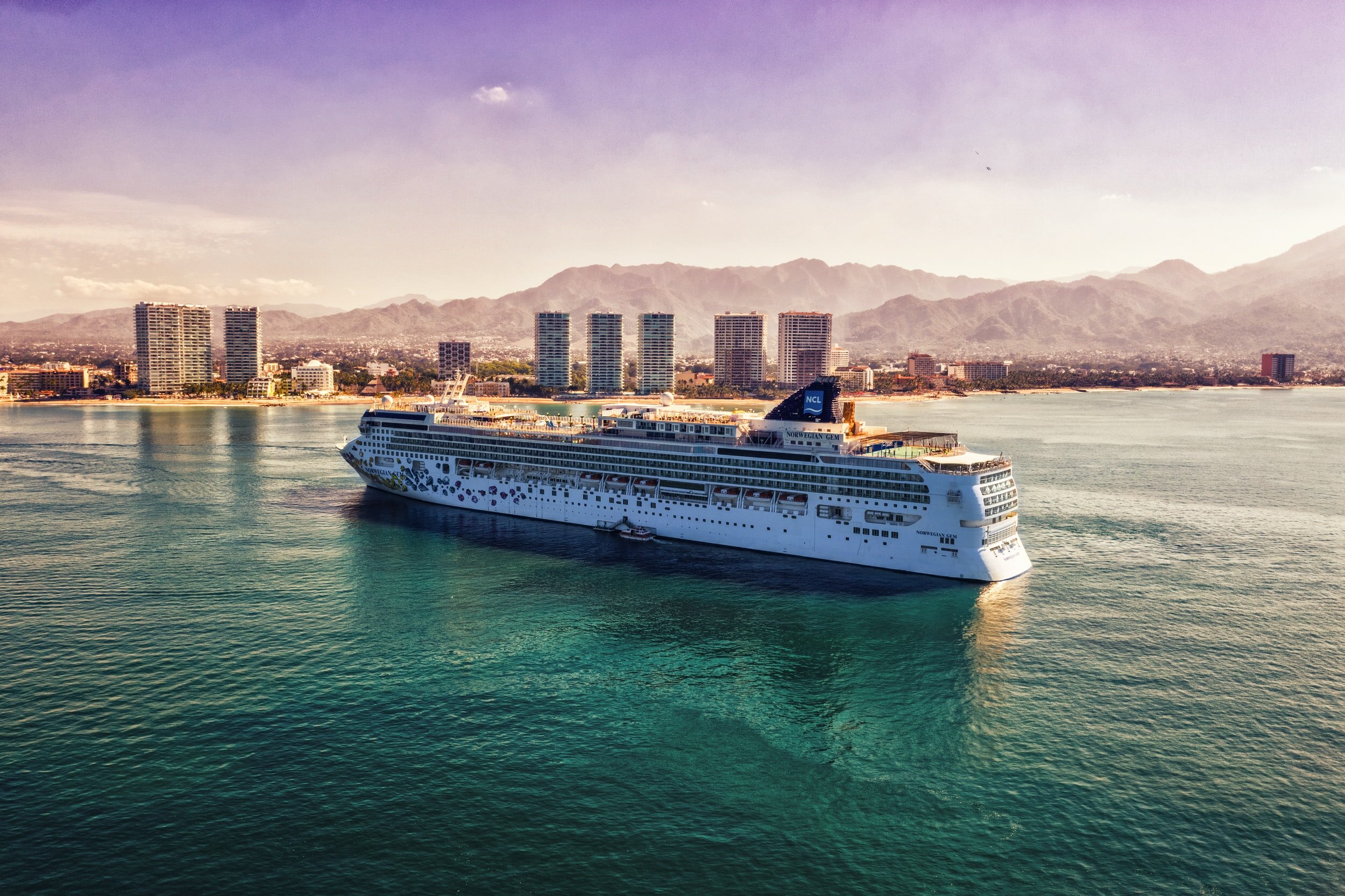
Case Summaries
Barclays Bank PLC v PJSC Sovcombank & Anor [2024] EWHC 1338 (Comm) (24 May 2024)-(Foxton J)
Sovcombank sought damages in the Russian courts after UK Sanctions prevented Barclays making payments under a financial facility. Supporting the facility's English exclusive jurisdiction clause, the Court granted Barclays not only an anti- suit injunction against Sovcombank but also a rare anti-enforcement injunction to further guard against a Russian judgment.
London Steam-Ship Owners' Mutual Insurance Association Ltd v Trico Maritime (Pvt) Ltd & Ors [2024] EWHC 884 (Comm)-23 April 2024-(Bright J)
Following the sinking of the “X-Press Pearl” and the issue of English Limitation proceedings, the Defendant cargo claimants commenced proceedings in Sri Lanka, directly against the Vessel’s Club “as insurer”. The Club commenced London Arbitration (the forum specified by its Rules) against cargo claimants, seeking a declaration of non-liability; it also sought an anti-suit injunction. The Court ascertained that the claims were asserted under the insurance contract (rather than under any independent rights) so that the Rules, including “pay to be paid” applied, and granted the Club the injunction sought.
Eurobank SA v Momentum Maritime SA & Ors [2024] EWHC 210 (Comm)-29 January 2024-(Pelling KC J)
The Borrowers defaulted under a ship finance loan. Two vessels subject to the loan were arrested by other creditors and judicially sold by a port authority. Although joining in the arrests, the Claimant Lenders were initially unaware of the judicial sale of the vessels (for scrap) and received no proceeds. Granting the Lenders’ summary judgment application for the full outstanding loan amounts, the Court ruled that the Lenders were not in breach of their equitable duties: they had merely joined in arrest of the vessels and had done so in good faith; they had never taken possession of them, nor arranged their sale, indeed had no knowledge or control of the sale effected. The Lenders could not be expected to pay off all other creditors in order to move the Vessel elsewhere where better prices might be obtained, nor to seek recovery from the port authority.
Delos Shipholding SA & Ors v Allianz Global Corporate and Specialty SE & Ors [2024] EWHC 719-25 March 2024 (Dias DBE J)
The Vessel “Win Win” intending to anchor at EOPL Singapore in February 2019, was within Indonesian territorial waters and was arrested by their Navy (shortly after an anchoring rule change). The Vessel was detained for 18 months and the Master imprisoned. The Defendant war risk insurers contested liability under the Policy, arguing that (i) insured Owners knew/ should have known of the risk, thus the loss was voluntary (ii) the arrest was akin to a customs/ quarantine one and excluded by the Policy (iii) Owners failed in their ‘sue and labour’ duty, including engaging in futile negotiations with Indonesia, thus causing the loss. Each argument failed as did the Defendants’ attempt to avoid the policy for non-disclosure of (unrelated) Greek criminal charges against Owners’ director, held to have had no relevance or bearing on acceptance of the risk.
Alta Trading UK Ltd & Ors v Bosworth & Ors (PTR Ruling Re Disclosure) [2024] EWHC 574 – 12 March 2024 (Baker J)
In relation to issues over whether certain payments had been made, the Claimants sought an order that a collection of some 6,000 of the Defendants’ documents, already manually searched, should now be subjected to “TAR” (technology-assisted review) to ascertain further discloseability. The Judge ruled that, bearing in mind limitations to the TAR system, an order was not justified in relation to documents already subjected to a disclosure exercise, adding that the situation might be different had a new source of documentation been identified.
H1 & Anor v W & Ors [2024] EWHC 382 – 22 February 2024 (Calver J)
In the context of an arbitration relating a claim under a film-production policy, the insurer applied to Court for the removal of the sole arbitrator on the ground of apparent bias due to his knowledge of and attitude towards the insured's factual and expert witnesses and some remarks that he did not intend hear the insured’s expert witnesses because he knew them “all personally extremely well” as "exceptional people in their fields". The judge found no actual or apparent bias based purely on his past industry relationship with the witnesses. Nevertheless, the arbitrator was removed because the suggestion that it was unnecessary to cross-examine the insured’s expert witnesses was plainly not an expression of a balanced and impartial view as it gave rise to an apprehension that he had pre-determined favourable views, thereby pre-judging the merits of the dispute.